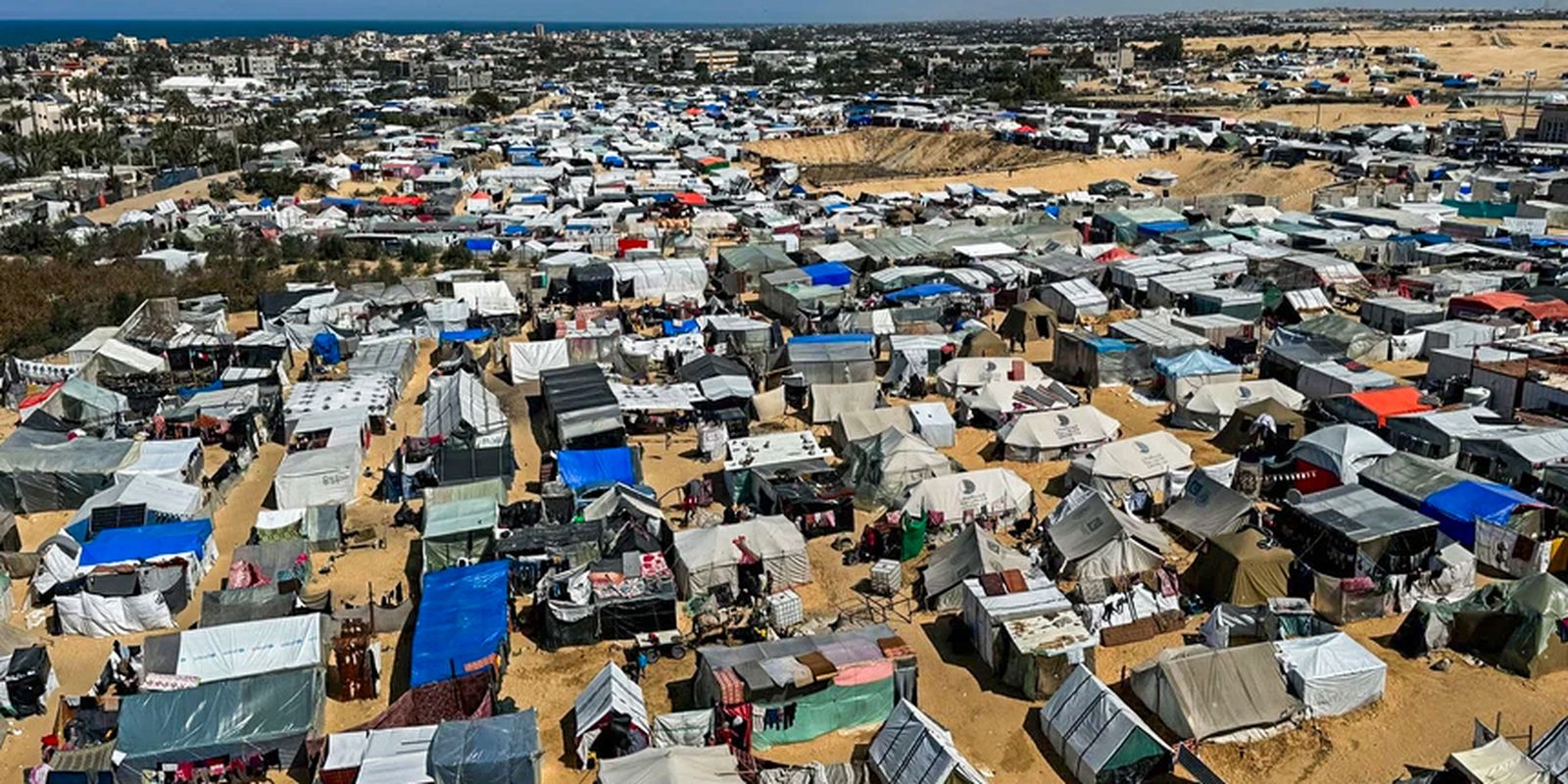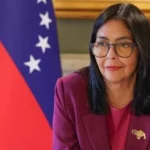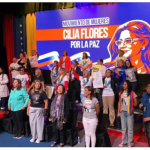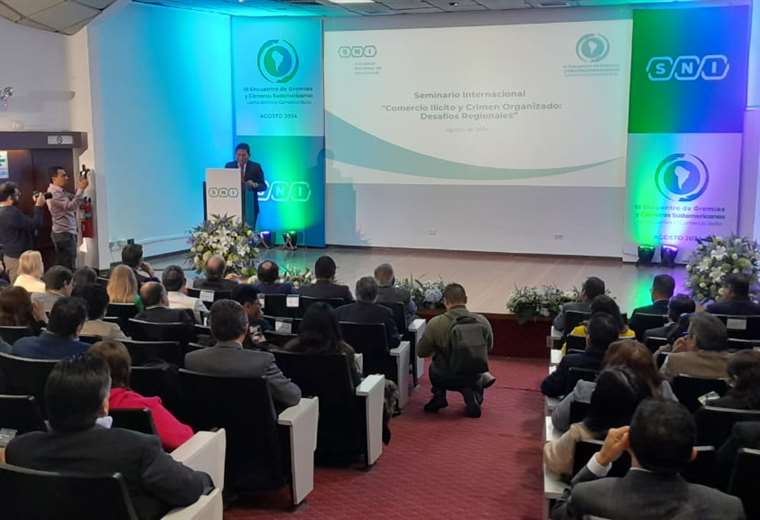The World Health Organization (WHO) representative in Palestine, Rik Peeperkorn, announced on Thursday (29) an agreement with Israel and the Palestinian group Hamas to allow the vaccination of children against polio in the Gaza Strip. “We discussed with Israeli authorities and agreed to humanitarian pauses for three days,” he said.
“I’m not going to say that this is the ideal way forward. But it is a viable way forward. We need to stop polio transmission in Gaza and outside of Gaza,” Peeperkorn said. “Of course, all parties will have to stick to this. We need to make sure that during all these days, we can implement the campaign in the midst of the humanitarian pause,” he added.
The WHO representative in Palestine called the target of achieving at least 90% vaccination coverage in the region ambitious. “The teams here are prepared for this. We are ready to act,” Peeperkorn said.
The campaign against polio in Gaza begins this Sunday (1st) and will be conducted in two rounds.
Confirmed case
Last week, the WHO confirms first case of polio in Gaza Strip in 25 years. This is a 10-month-old baby who lives in the Palestinian city of Deir al-Balah, in the central region of the territory, and who had not received any of the doses provided for in the vaccination schedule against the disease.
On his profile on the social network X, the director-general of the organization, Tedros Adhanom Ghebreyesus, said he was “gravely concerned” about the confirmation of the case. “WHO and its partners worked hard to collect and transfer samples from the child for testing in a certified laboratory in the region. Genomic sequencing confirmed that the virus is linked to the poliovirus type 2 variant, detected in environmental samples collected in June in Gaza wastewater. The child, who developed paralysis in the left leg, is in a stable condition,” said the director-general.
Humanitarian truce
A few days earlier, the WHO had already called for a humanitarian truce in Gaza so that the two rounds of vaccinations could take place. In a statement, the organization, together with the United Nations Children’s Fund (UNICEF), asked that all parties involved in the conflict implement humanitarian pauses for a period of at least seven days.
“These pauses in the fighting would allow children and families to safely reach health facilities and community workers to reach children who do not have access to these facilities to be immunized against polio. Without humanitarian pauses, the campaigns will not be possible,” the WHO said.
The expectation is that, in each round of vaccination, more than 640 thousand children under 10 years of age will be able to receive the oral polio vaccine, popularly known as the droplet.
Understand
Poliovirus was detected in June in environmental samples collected in the Gaza Strip. Since then, according to the WHO, at least three children have presented suspected cases of acute flaccid paralysis, a common symptom of polio.
Blood samples were collected and sent for laboratory analysis.
“More than 1.6 million doses of the oral vaccine, used to stop the spread of the virus, will be delivered to the Gaza Strip. The vaccines and refrigeration equipment are expected to pass through Ben Gurion Airport [em Israel] before being directed to Gaza at the end of August,” the entity reported.
“It is essential that the transportation of doses and refrigeration equipment be facilitated at all stages of this journey, to ensure timely receipt, approval and release of supplies in time for the campaign to take place,” stressed the WHO. In total, 708 teams with around 2,700 health professionals were activated.
The organization warned that vaccination coverage of at least 90% must be achieved during each round of the campaign to stop the spread of polio and reduce the risk of the disease’s resurgence, taking into account “severely compromised health, water and sanitation systems in the region.”
Data from the organization shows that the Gaza Strip has been polio-free for the past 25 years. “The resurgence of the disease, which the humanitarian community has warned about over the past 10 months, poses another threat to children in Gaza and neighboring countries. A ceasefire is the only way to ensure public health security in the region,” warned the WHO.
Risk
According to the WHO, the Gaza Strip maintained good vaccination coverage before the escalation of conflicts in October last year. Since then, routine vaccination has been severely impacted – including the second dose of the polio vaccine, which fell from 99% in 2022 to less than 90% in 2023 and in the first quarter of 2024.
“The risk of the virus spreading, both within the Gaza Strip and internationally, remains high due to gaps in children’s immunity caused by disruptions to routine vaccinations, the decimation of the health system, constant population displacement, malnutrition and severely damaged water and sanitation systems,” warns the WHO.
“The situation has also increased the risk of spreading other vaccine-preventable diseases such as measles, as well as cases of diarrhea, acute respiratory infections, hepatitis A and skin diseases among children,” the WHO said.
















